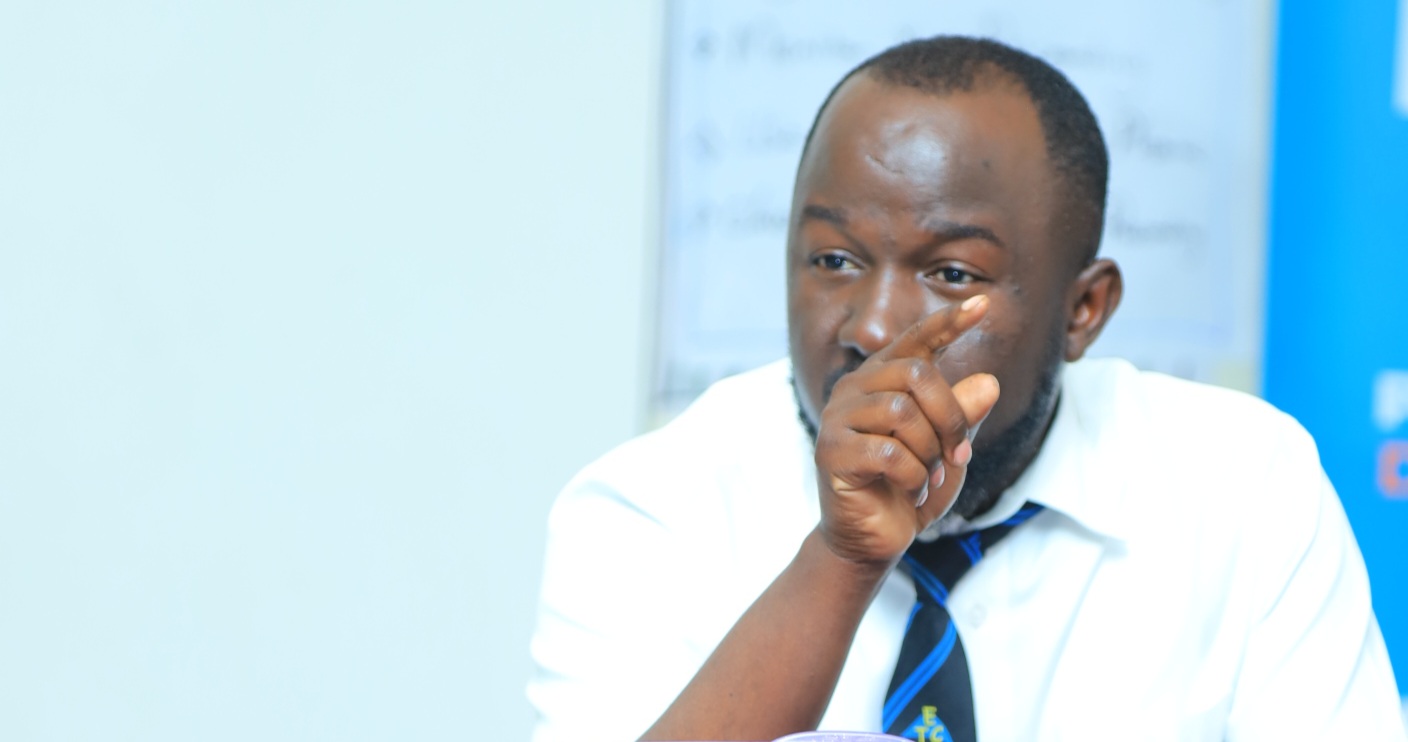The recent announcement by the UK government to impose sanctions on Uganda’s Speaker of Parliament, Anita Among, and two former ministers has sparked mixed reactions. While some may view this move as a bold statement against corruption and human rights abuse, others see it as a misguided approach that fails to grasp the complexities of Uganda’s political landscape.
In my opinion, the UK government is holding the stick from the wrong end. Sanctioning individuals without addressing the root causes of the issues they aim to tackle will only lead to symbolic gestures, rather than meaningful change.
Firstly, it’s essential to acknowledge that corruption and human rights abuse are systemic issues in Uganda, perpetuated by a complex web of factors, including political and economic interests. Targeting a few individuals, no matter how high-ranking, won’t dismantle the entrenched systems that enable these abuses.
Secondly, sanctions often have unintended consequences, such as isolating the very individuals and groups that could be crucial in driving reform. By targeting Anita Among, the UK government may inadvertently strengthen the hand of those who oppose change and undermine efforts to address the issues they claim to care about.
Thirdly, this move may be perceived as a form of foreign interference, which could galvanize nationalist sentiment and undermine domestic efforts to address corruption and human rights concerns. Uganda’s sovereignty and agency must be respected in addressing its internal challenges.
Instead of sanctions, the UK government could engage in constructive dialogue and support initiatives that foster institutional reforms, capacity building, and empowerment of local voices advocating for change. This approach would yield more sustainable and meaningful results.
While the UK government’s intent to address corruption and human rights abuse in Uganda is commendable, its method is misguided. Sanctions on Anita Among and others will only scratch the surface, without tackling the underlying issues. A more nuanced and collaborative approach is necessary to drive genuine change in Uganda.



















Discussion about this post